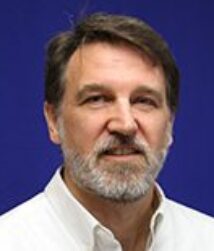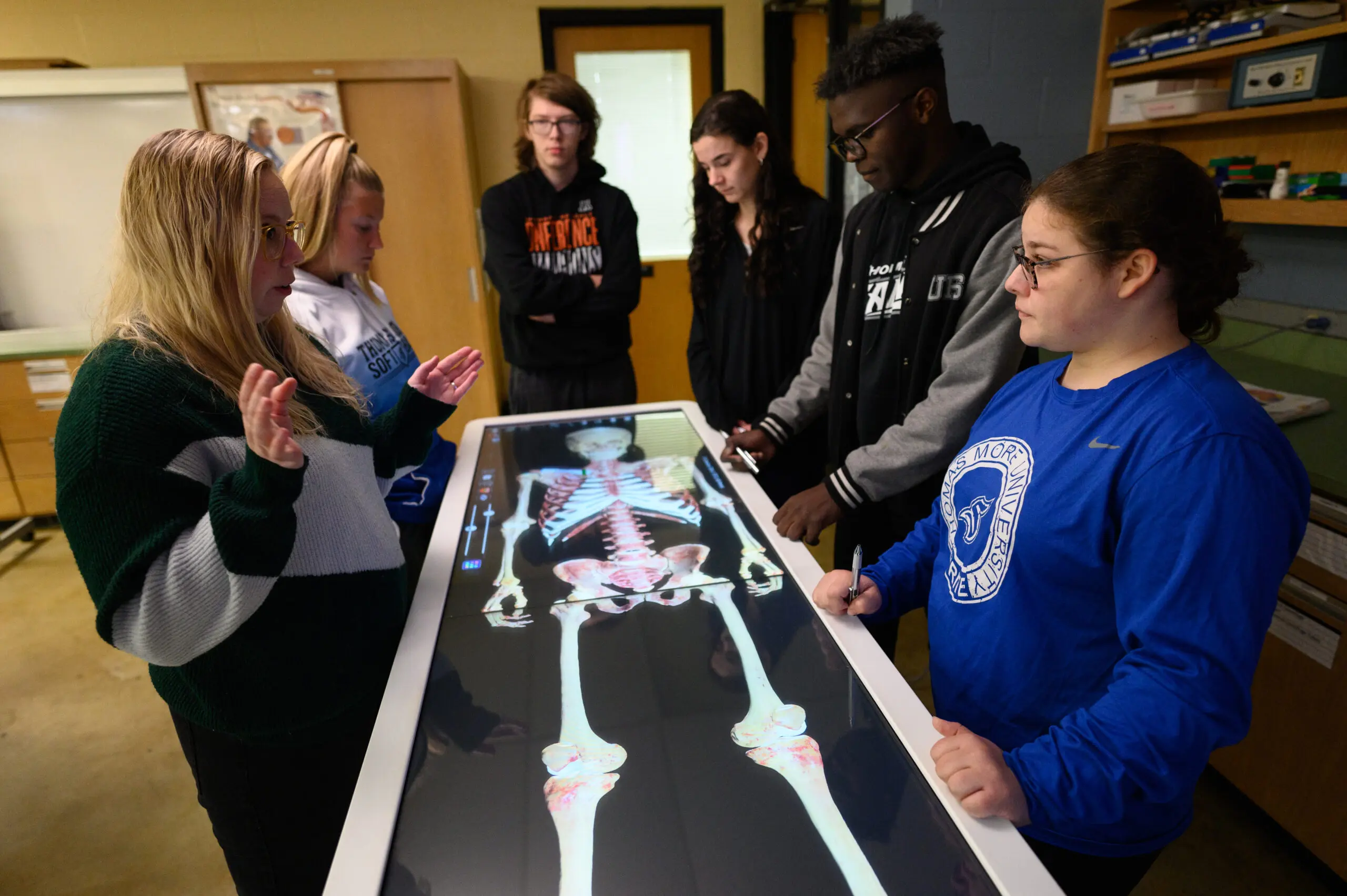
St. Elizabeth College of Natural & Health Sciences

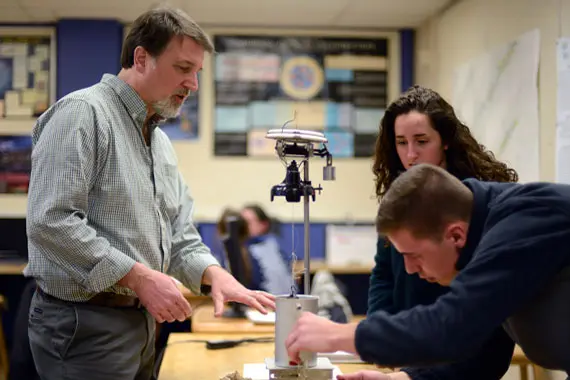
Find the right program to get you on track to a successful and rewarding career in natural or health sciences.
The St. Elizabeth College of Natural and Health Sciences equips you for your whole life. Thomas More University prepares students from all walks of life, for all kinds of lives. Whether you choose to start work straight out of college or go on to an advanced degree, you will be prepared for a wide variety of careers in the natural and health sciences.
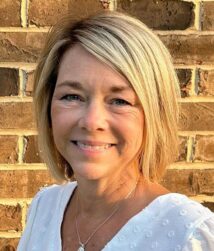
Administrative Coordinator
What to know about the St. Elizabeth College of Natural and Health Sciences
Q&A with Dean Joseph Christensen, Ph.D.
Explore our Programs
There are over 17 unique academic programs and majors for students to explore.
One of a kind facilities
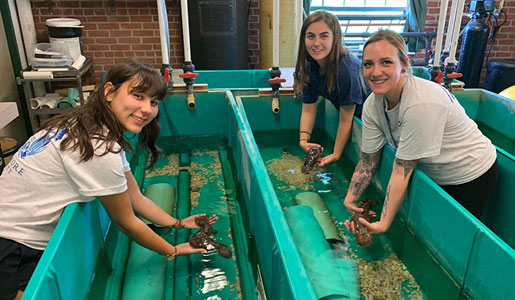
Biology Field Station
The Thomas More Biology Field Station, home to the Center for Ohio River Research and Education (CORRE), is located on the banks of the Ohio River. This unique resource provides hands on experience in research, animal husbandry, and monitoring of the main watershed of the ti-state region. The Field Station also provides outreach to the community in a variety of STEM fields.
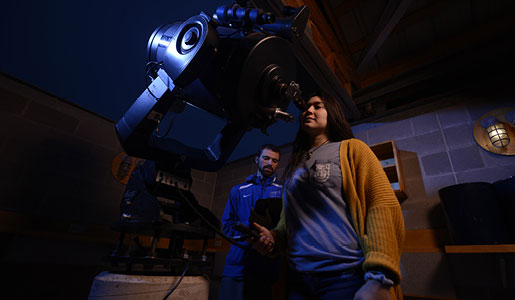
Observatory
The Thomas More Observatory provides students and the local community with a broadening glimpse into the wonders of our universe. The exciting frontiers of planets, stars, and faraway galaxies — and all the other distant wonders of the skies — are within reach of the state-of-the-art telescopes, cameras, and computers as students participate in research and community outreach in a variety of STEM fields.
Contact Us
If you have any questions regarding any of our programs,
please contact us at:
Phone: 859-344-3393
